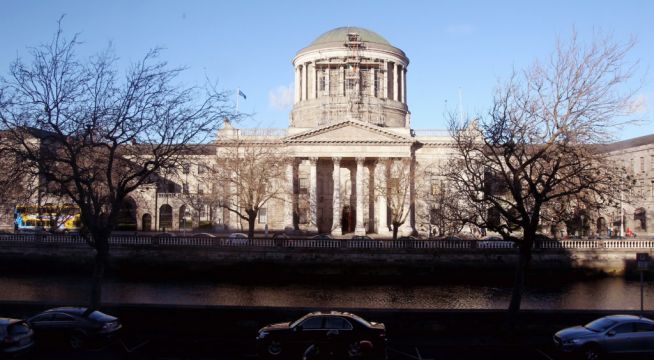A Traveller family has challenged the constitutionality of laws that a local authority says allows it to suspend them from its housing list after the father was convicted of two minor public order offences.
The family, who cannot be named for legal reasons, are challenging a 2019 decision by Wexford Co Council. The family consists of a husband wife, and two minor children.
Arising out of the father's minor convictions the council says that under provisions of the 1997 and 2009 Housing Acts they are permitted to refuse or defer letting a dwelling to a person who the council says has engaged in anti-social behaviour.
The council say that under the 2009 Act it has adopted a formal strategy that allows it to defer or refuse a letting where a Garda report confirms a conviction.
Legal basis
The family claims that the sections of the Acts challenged when properly construed do not provide a legal basis for the council's decision.
They have challenged the legality and the application of the council's strategy and says the local authority has discriminated against them.
They have also claimed in the proceedings that various sections of the acts are unconstitutional and incompatible with the state's obligations under the European Convention on Human Rights.
Their action is against both the council and Ireland and the Attorney General. The Irish Human Rights and Equality Commission is a notice party to the action.
The family also claim that they were suspended after the council had decided to allocate them a specific house, but this is denied by the council.
Two trials
In a pretrial motion the state respondents had asked the court for a modular or split trial. They asked that the constitution issue would be heard only after the determination of issues against the council.
The application was opposed by the family.
In a ruling dismissing the state's application Ms Justice Niamh Hyland said that in her view a modular trial would not save on time and costs.

She held that it had the potential to prejudice the applicant family by exposing them to two trials rather than one.
The judge also said that the case involves interpretation of and challenges to the constitutionality of two different statutory provisions.
The judge said that it would be helpful to the court hearing the claim to have submissions from the State on the constitutional interpretations of these particular sections at the same time as submissions from other parties are being made on those points.
Having a modular trial, the judge said was more likely to make the court's task more difficult and time-consuming. The judge awarded the applicants their costs of the motion, but placed a stay on that order pending the trial of the action.







